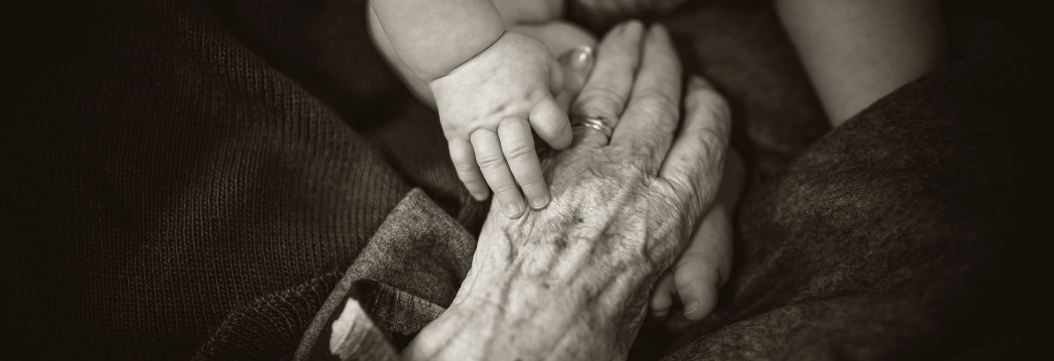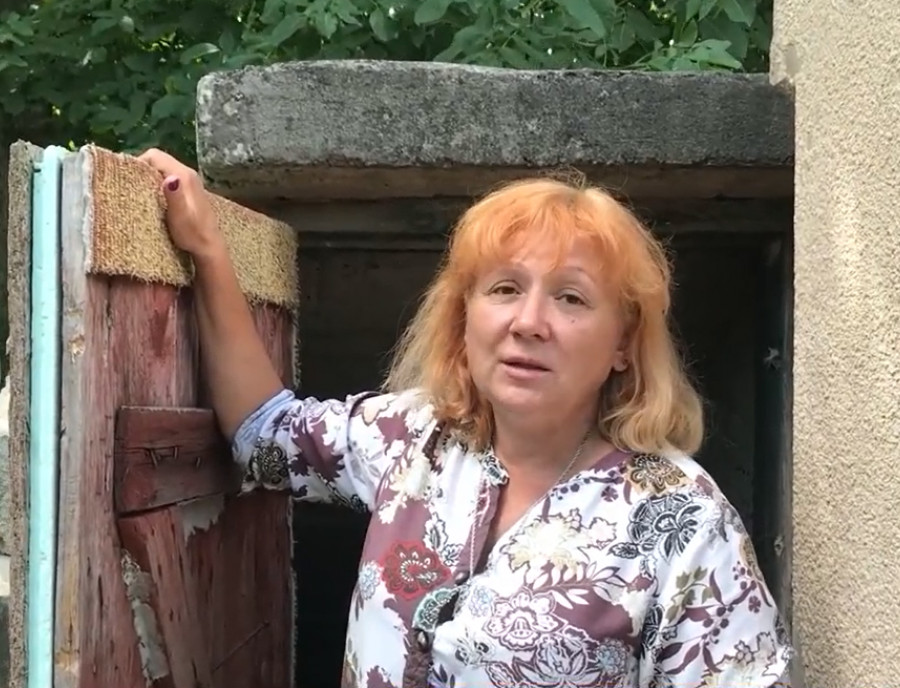“We continued to work even without power supply and during shellfire attacks”
In less than a day, the teachers of a local school in Bilohorodka mastered the profession of a cook, and even more so, they then cooked food nearly on an industrial scale. In March 2022, the so-called Road of Life passed through their village. It was the humanitarian corridor through which thousands of civilians were leaving the occupied territories of Kyiv region. Many people were in need of food and medicines then. The teachers came to the school kitchen and stood by the stove cooking food, even under shellfire.
My name is Yuliya Ocheretniuk. I am the director of academic lyceum No. 2 [official name of a local school] in Bilohorodka community of Bucha district. We are in our educational institution now. The most difficult time was probably in early March. The days from 1 March to 10 March were the hardest ones in 2022. And 20-30 March were among the hardest, the hottest days too. It all started on 24 February. We were supposed to go to work but, certainly, at around 6 o’clock in the morning, I messaged my colleagues saying that we were staying at home and not going to work. We started working on 26 February. On 24 February, we were still at home, preparing for the school. Well, I myself was at school because I needed to be there... We did not know what to do in the school building itself, how to close everything up there, what exactly to do and how to do it. On 26 February, I got a telephone call from the village council with a question if we had the possibility to organize cooking of food. I replied, “We can arrange that”.
I always follow this approach to things, and that is what I am used to: if something is needed, it means I should go and do it. I said, “We will be able to do it”. They asked me, “Will you be able to re-open your canteen?” – “I will open the canteen.”
I did not have the keys to the canteen premises because our cook kept them. Yet, we were going to open it. I called my girls and they came and unlocked the door. As for cooking, we had to find someone who could cook. I have my team of teachers, so I messaged them, “Can anyone come over?” I came there myself first and was waiting for others to come, but too many of them showed up there, in fact, let’s put it this way. We were 15 people in total. Among us, there were two cooks, who work in the kitchen now, and others were teachers, our teaching staff. No one left our team. No one left, and everyone stayed in place. No one left abroad either.
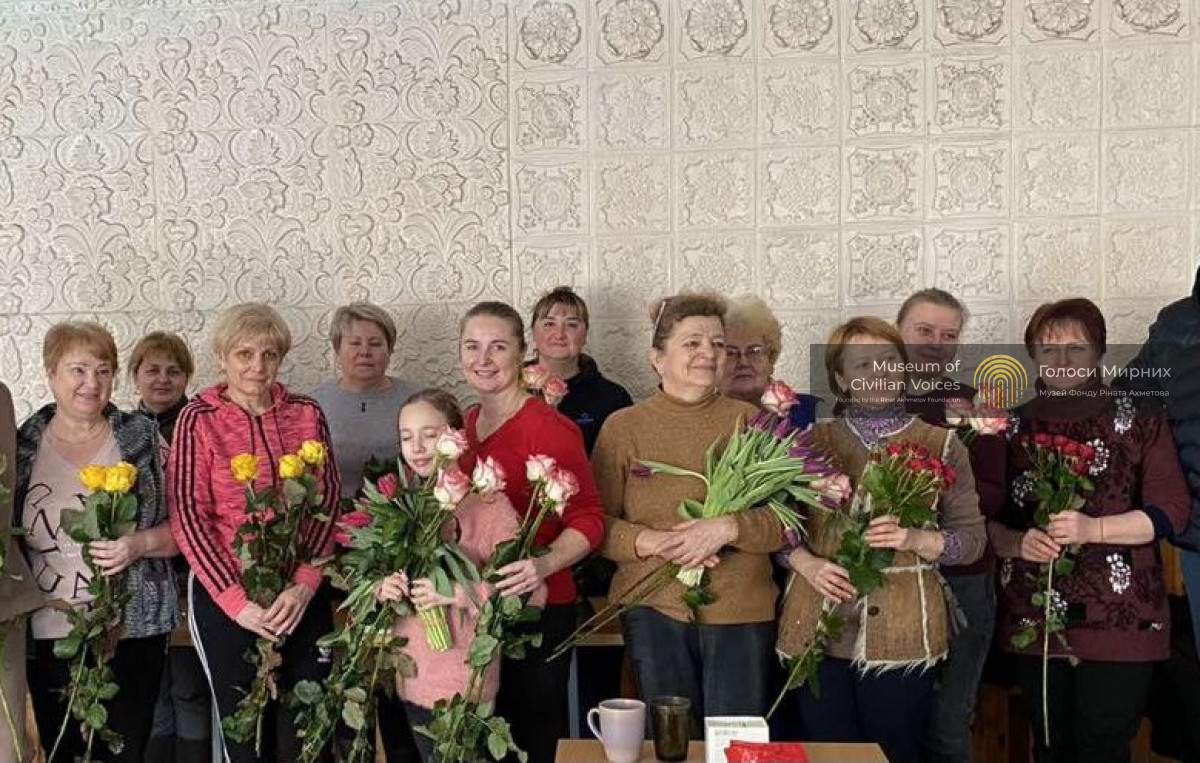
On 1 September 2022, the entire team of our schoolteachers returned to studies and teaching at our school in full. Our [school] cook was not with us on the first day, as she lives in a neighbouring village. She came over the next day, and it became easier for us because she kind of managed the very process of cooking food itself. And I, as a supervisor, took the responsibility for receiving all goods, for organizing these storages and everything else that was possible there. I was doing it.
When the humanitarian corridor opened, our task was to feed people.
I remember that we cooked all day long, and then, at three o’clock in the morning, when we did not have enough [of food], we went back to work again. We did not meet people there. Our mission was here. They phoned us, told us what they needed and how much, and we then provided it, passed everything over there.
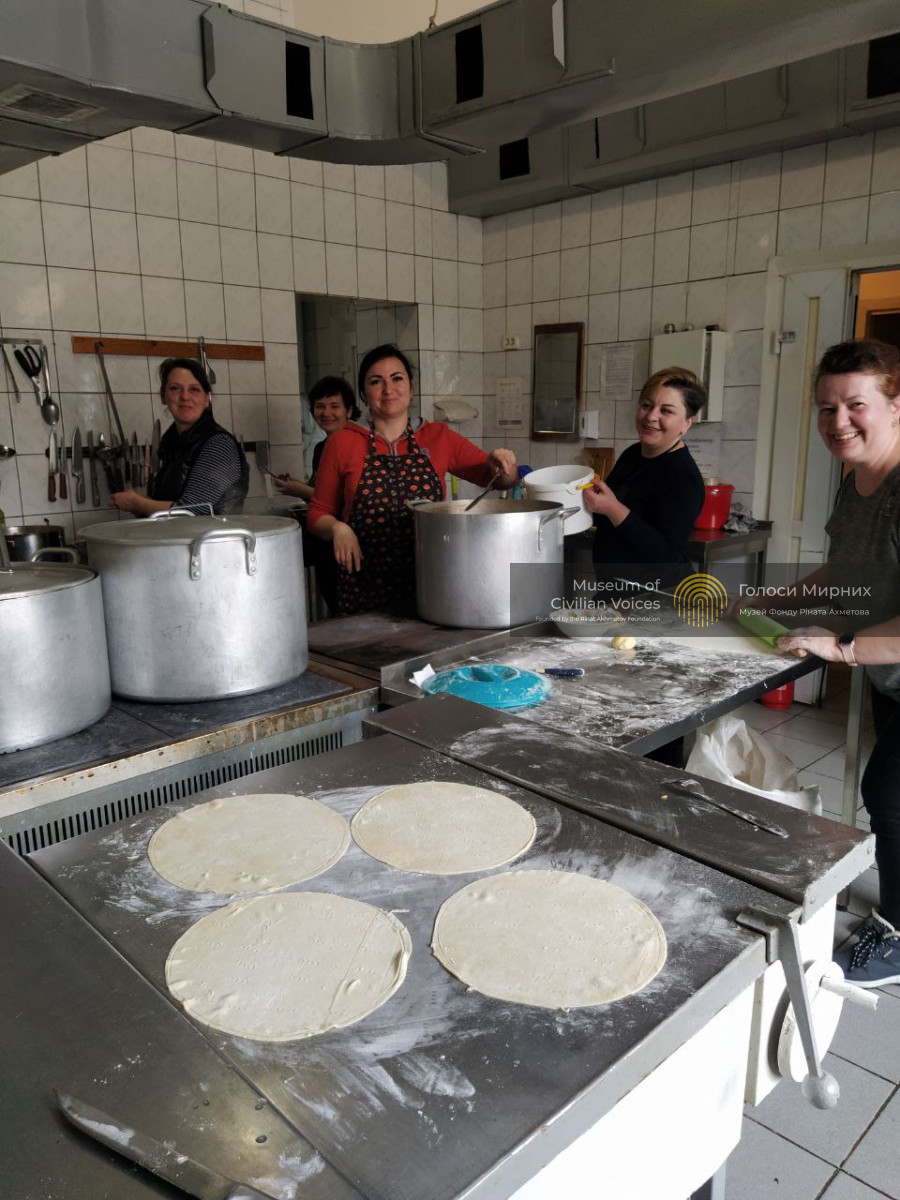
But as far as I could see, there were a lot of people, indeed. It was such a… It was a big luck that there was this road they could just use to leave there. We even have a legend. Everyone knows that back in 1945, we were not under occupation either. We are the only village that was not occupied even then. There are many legends and stories, but, apparently, thanks to the geographical position (after all, these dykes that we have in our area), these historical hills, they are sort of an obstacle on the way, that prevents us from being easily occupied at once. There were some shelling attacks, and by the way, Grad MLRS were very close to us here, as far as I know, because the bridge came under shellfire, as it was like a target, and some houses were damaged there. Several houses burned down. And the nearest place that was hit in our neighbourhood is just across one street, near our school building. There are some destroyed houses there too – that is exactly where Grad MLRS hit. In March, on 25 March, rockets hit there too, to the place where the bridge is. There are even some large craters or holes left.
It was such a loud and scary sound, a terrible explosion. It was very scary. We just did not know what it was, what it was like, and where it was flying.
It was very frightening, indeed, when some massive explosions happened. It was in the evening. It was late in the evening when it was dark. That was very scary, for sure. On the first days, when we had an air-raid alarm, we sought to be evacuated, but then it turned out that it was unrealistic, because when the process [food cooking] was underway, no one was supposed to abort it. We continued to work, even amidst the air-raid alarms. Even when there was no electricity supply, we still continued to perform our work.
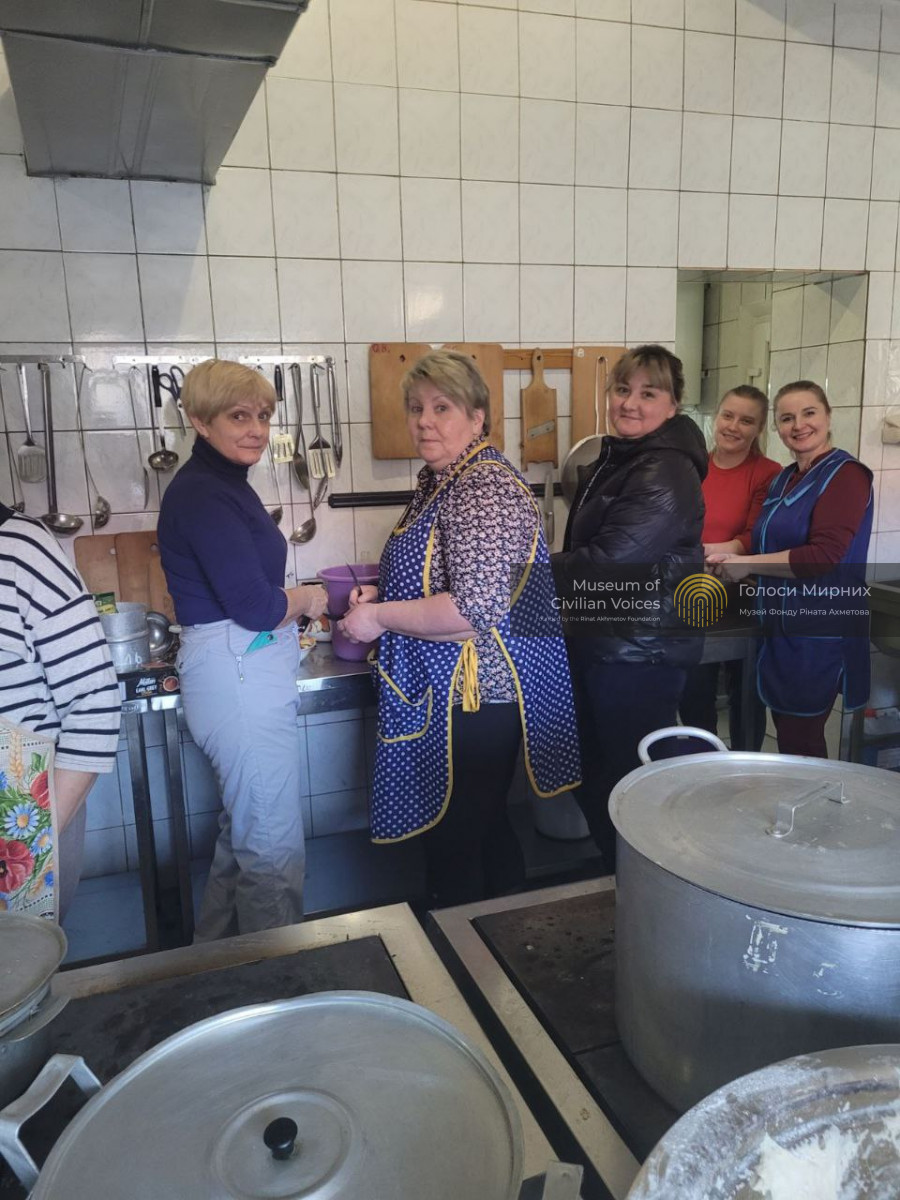
We waited for the power generators to be delivered, then connected the generators and worked on power generators, amidst all those shelling attacks. While all the equipment we had was in operation, we could not hear what was happening outside. Only when everything quieted down, when the whole process came to a halt in the evening, and when we went outside, we then could hear what was happening around. I still has not become a cook. Honestly, I cannot count it, but every day, it was about 500 food portions/servings. Breakfasts and lunches were served several times, and that’s quite a lot, let’s put it that way. In terms of food products, I don’t know how to measure it, but the scale was really large.
I was sure…, when coming here to work every day, I knew that we would return to teaching and studies on 1 September. This thought did not leave my mind, and I know that we were confused and disoriented. We did not even think about organizing our teaching and learning process at our school yet, but somehow we were the first ones to start doing it online then. Some of us were already at home, and some were still coming here, and then conducted lessons in parallel. They worked [here on the kitchen], and then went to conduct lessons. Well, basically, I was convinced that we should persevere.
When quoting a story, a reference to the source – the Museum of Civilian Voices of the Rinat Akhmetov Foundation – is mandatory, as follows:
The Museum of Civilian Voices of the Rinat Akhmetov Foundation https://civilvoicesmuseum.org/
